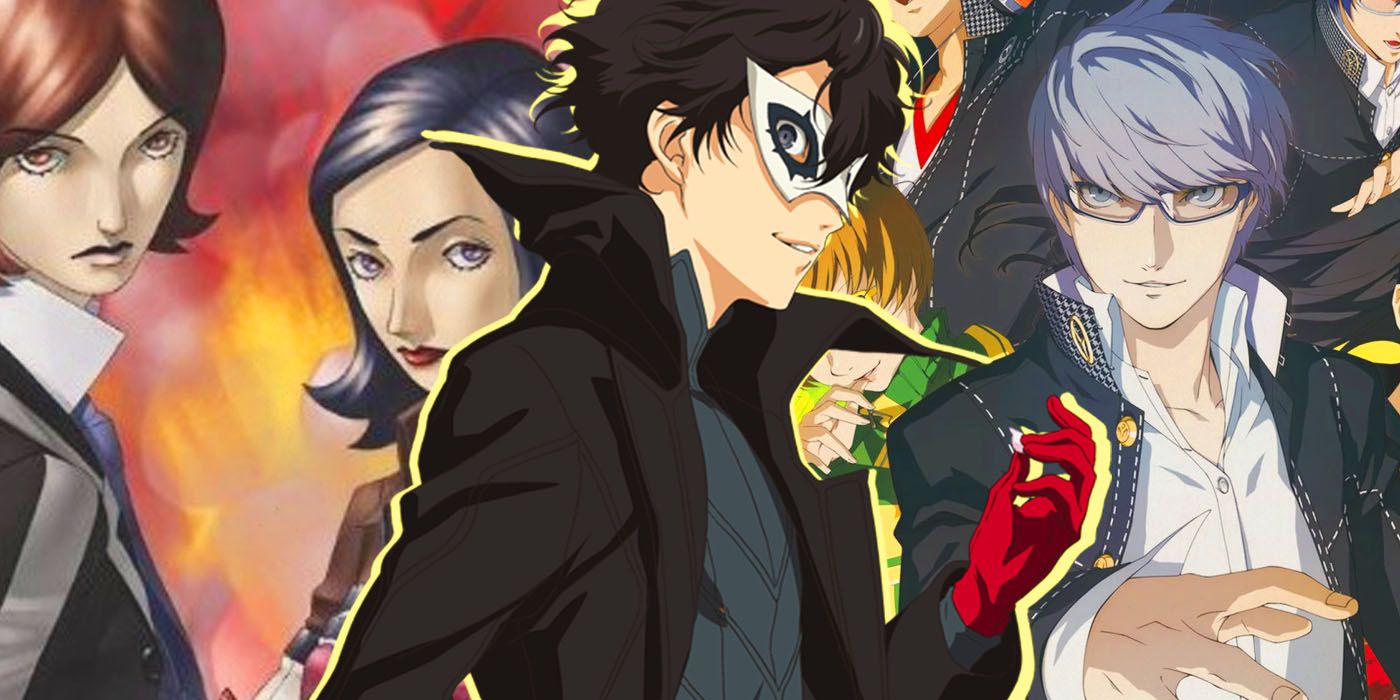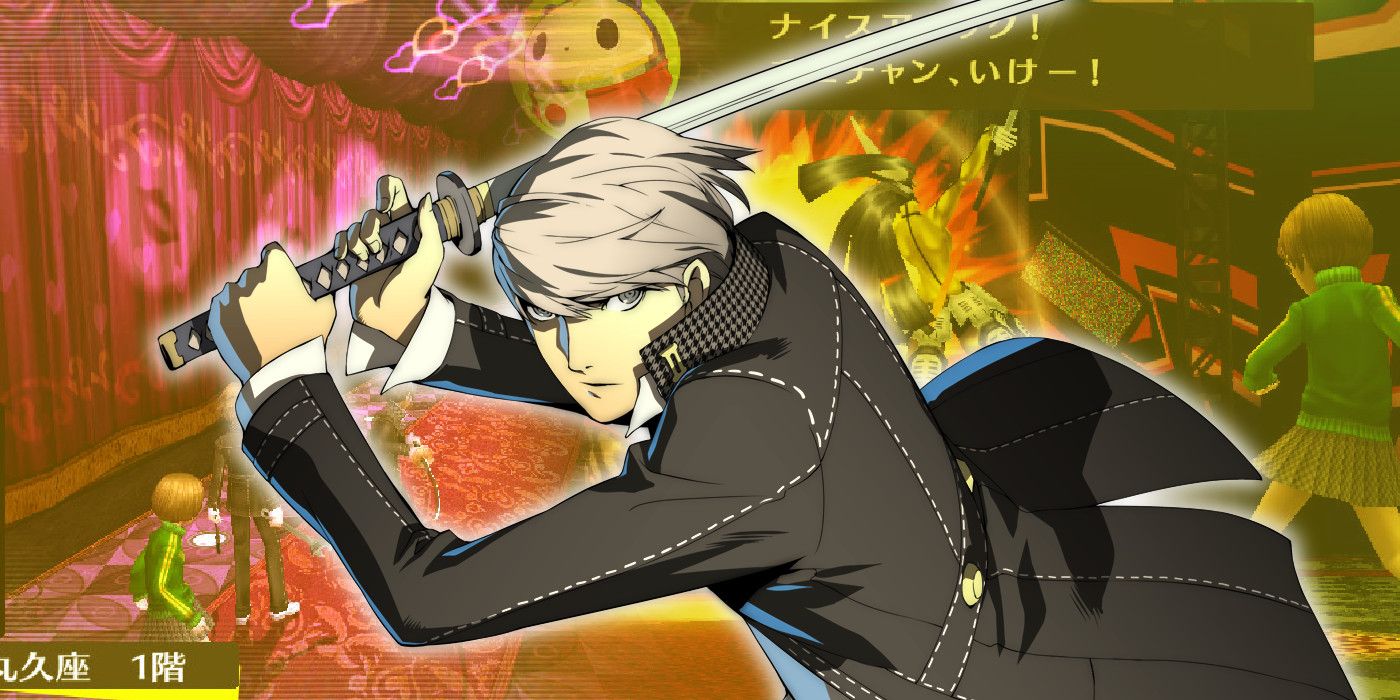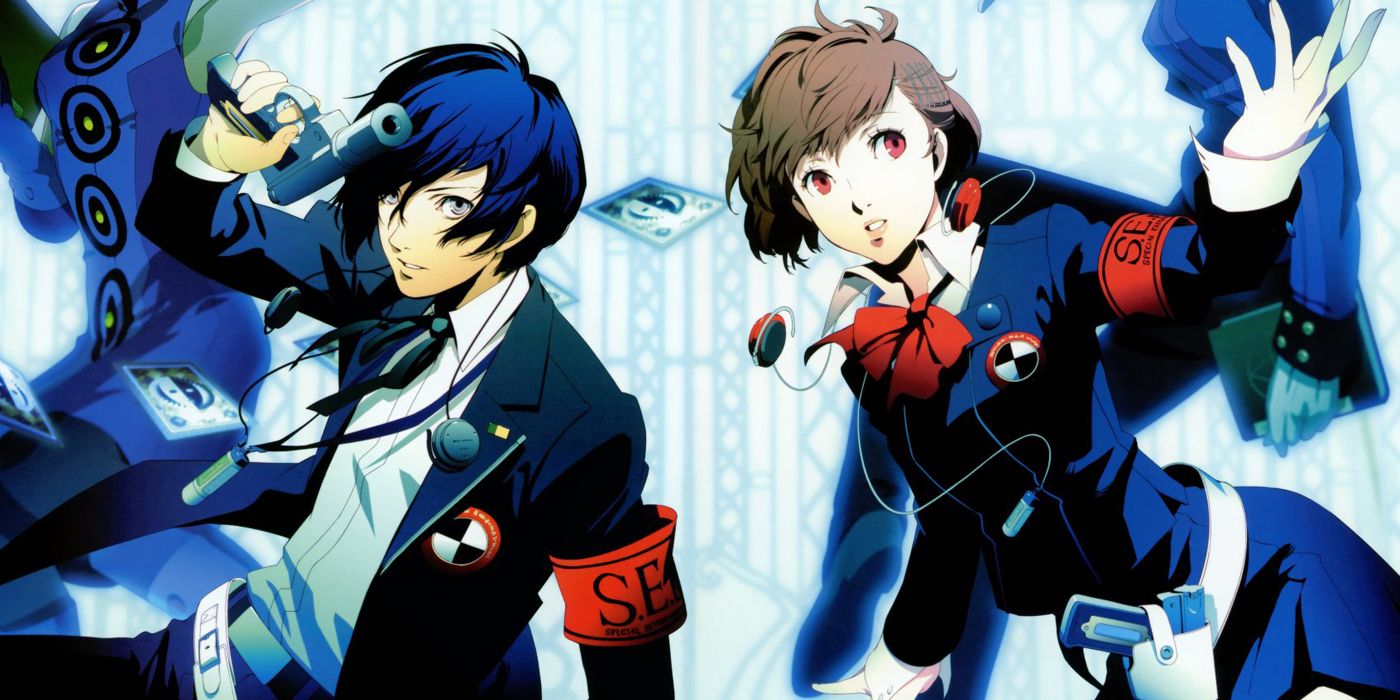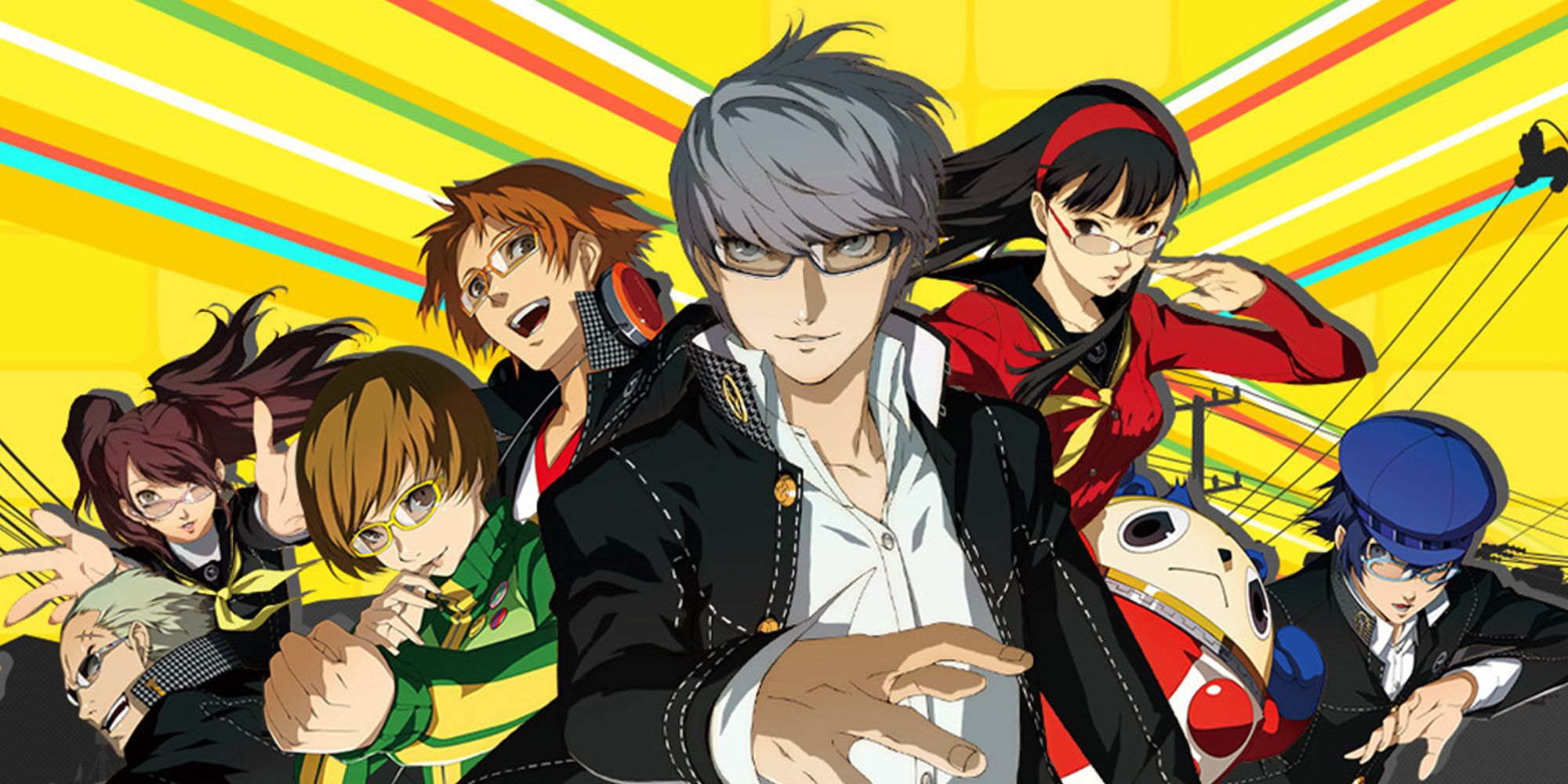Beginning back in 1996, the Persona series has gone on to become one of the biggest and most popular JRPG franchises around. Combining turn-based battles, psychology and high school, the colorful yet strangely dark series is in many gamers' minds a sort of playable anime. In the past few years, its fandom has only increased, and soon, players will be able to enjoy even more of the series.
Xbox Game Pass will be bringing the last three mainline Persona titles to the Xbox family of consoles. This marks the true end of the series being mostly exclusive to PlayStation consoles, but it will definitely make it easier than ever to say "welcome to the Velvet Room." While longtime fans are likely excited, those who have only heard of Persona may be confused in terms of where to start. Here's a quick rundown of the series' place in a larger gaming franchise as well as where to start.
What Is Atlus' Persona Series About?
Persona started with 1996's Revelations: Persona, released on the first PlayStation. Though its original English title didn't suggest it, this video game was a spinoff of the broader Shin Megami Tensei franchise from developer Atlus and was largely based on Shin Megami Tensei If... in particular. To this end, many of the games are centered around young adults or even high school-age protagonists who must unravel a supernatural mystery surrounding their town or city. Many of the demons encountered in Shin Megami Tensei are present in Persona, though they're more like monsters than true demons. This is due to the spinoff series exchanging Christian eschatology and demonology with psychological concepts, befitting the coming-of-age nature of the stories.
Battles are accessed through dungeon-crawling, with each dungeon typically relating to a character in the narrative. Another prominent aspect of the later games is "Social Links," wherein players can interact with non-playable supporting cast members outside of battle. This not only adds to the story but also increases in-game stats, making the game almost incomplete without taking part in them. Social Links and the modern urban settings in general are just part of what has helped Persona stand out amid the medieval and fantasy nature of JRPG giants such as Final Fantasy and Dragon Quest.
Should the Persona Games Be Played in Order?
Unlike the Shin Megami Tensei games, which for the most part have their own individual continuities, the Persona series has one shared timeline. The main exception would be Persona 2: Eternal Punishment, which is set in an alternate reality from Persona 2: Innocent Sin and the rest of the series. At the same time, there's not that much narrative connective tissue between the games, with none of the mainline entries being consecutive sequels to each other. For instance, Persona 5 has nothing to do with the story of Persona 4.
The first three Persona games are the least referenced in the series, namely due to the tonal shift that occurred after them. These games carried over much of the darkness of the mainline Shin Megami Tensei, putting them somewhat at odds with the brighter and more cheery nature of the later titles. On the other hand, the Persona Arena fighting games and Persona Q titles do feature more direct connections between the third, fourth and fifth Persona games' cast.
Why Newcomers Should Start With Persona 4 Golden
The best place to start in the Persona franchise is with Persona 4 Golden. An expansion of the original Persona 4, it contains all of the original's features plus new story elements. Persona 4 as a whole was what finally made the series really rise in popularity in the West, turning a once niche franchise into an arguable Final Fantasy rival. Persona 4 was also where the franchise's current path was really set in stone. Though Persona 3 introduced the bubble gum high school aspects and Social Links, the game -- namely its way to access the Personas themselves -- was still steeped in the dark tone of Megami Tensei.
Persona 4 Golden, along with its predecessor and its even more popular successor, will soon be available on more consoles than ever. Xbox Game Pass is bringing Persona 3 Portable, Persona 4 Golden and Persona 5 Royal to Windows and Xbox, with the first two games also seeing a digital release on PS4, PS5 and Steam. Gamers nostalgic for an old classic or those wanting to finally see what Persona is all about should look to these consoles and play Persona 4 before exploring the rest of the franchise.




